Dental Exams & Cleanings in Scottsdale, AZ
Having your teeth professionally cleaned and examined regularly is an important part of maintaining overall health. Most problems can be averted by simply keeping up with routine dental visits.
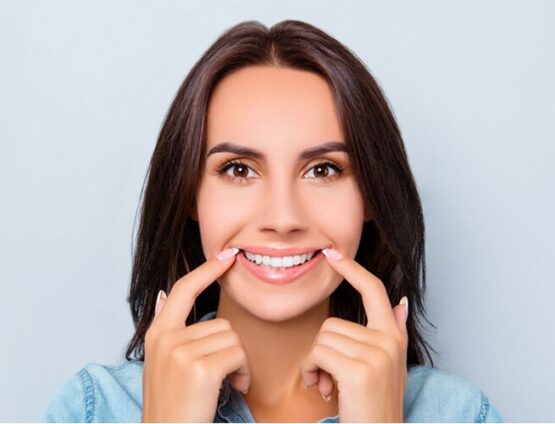
Our Mission
Positively Impact the Lives of Our Patients
At Mercado Dental Care in Scottsdale, AZ, our mission is to positively impact the lives of patients of all ages, by offering top-notch dental care in a comfortable setting. By providing a professional team of compassionate, highly educated, and dedicated employees, we strive to improve overall patient health, aesthetic appearance, and quality of life.
You can rest assured that Dr Garcia takes pride in his cosmetic and restorative dentistry and general dental care. Our dentist and hygienist will provide the highest quality dentistry possible from professional teeth cleanings to life-changing dental implants.
Our Doctors
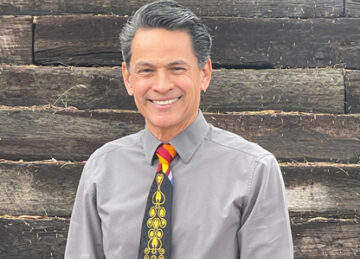
DR. PETER GARCIA
DDS
He enjoys every aspect of dentistry and has pursued specialized training in implant dentistry, successfully performing hundreds of implant surgeries.
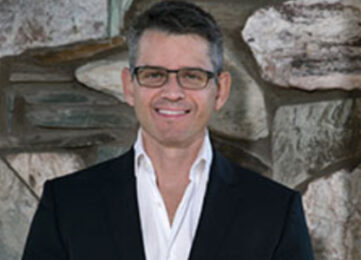
DR. TOM NACK
DMD, FAGD
Graduated from Arizona’s first dental school, Arizona School of Dentistry and Oral Health, with top honors and advanced training.
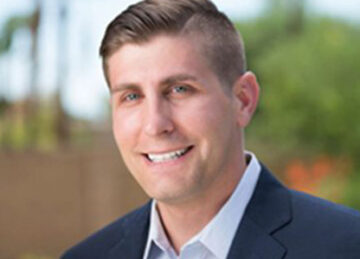
DR. BRENT WOODMANSEE
DMD
Earned a master certification from the American Society of Dental Anesthesiology and has educated over 75 dentists, physicians, and nurses.
Our Clinic Services
Mercado Dental offers a complete range of dental services, all delivered with care, comfort, and your healthiest smile in mind.
Dental Exams and Cleaning
Oral cancer screening, checking for gum disease, removal of tartar, removal of plaque, polishing, looking for signs of decay and much more.
Cosmetic Services and Whitening
We offer teeth whitening, dental veneers and Invisalign (Orthodontics) treatments. Among other cosmetic services we provide.
Restorative and Extractions
We have a wide variety of dental implants, dentures & partials, dental crowns and we offer filling services, extractions, crowns and bridges.
Special Dental Care
We provide root canal procedures, sedation and emergency dental care. No matter the situation, we got you covered.
CHECK OUT THE LATEST
Gallery
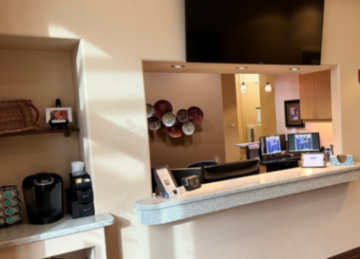
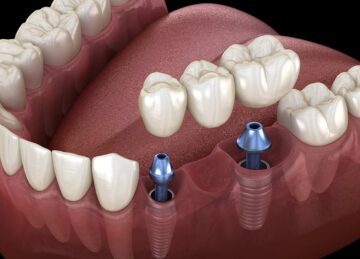
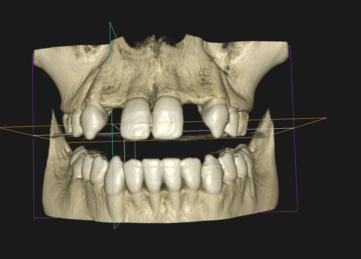
SOME OF OUR
Testimonials
“Just had my semi annual cleaning and as always, pleased with care and service. They are totally thourough and timely. Probably the best dental office I have been to“
Eduardo Espinoza
“My name Is Donna I first met Dr. Peter four years ago. Since then he has been the only dentist I've ever gone to. So caring and professional, definitely an amazing experience“
Donna Whiting
“Comfortable office, check. Dr Brent's magic touch with the needle… I honestly can't believe that there is zero pain upon novocain injections, but it's true. Highly recommend“
Frank Simons
Make an Appointment
Mercado Dental offers the whole range of dentistry services: treatment of caries, gum diseases, tooth whitening, implantation, etc